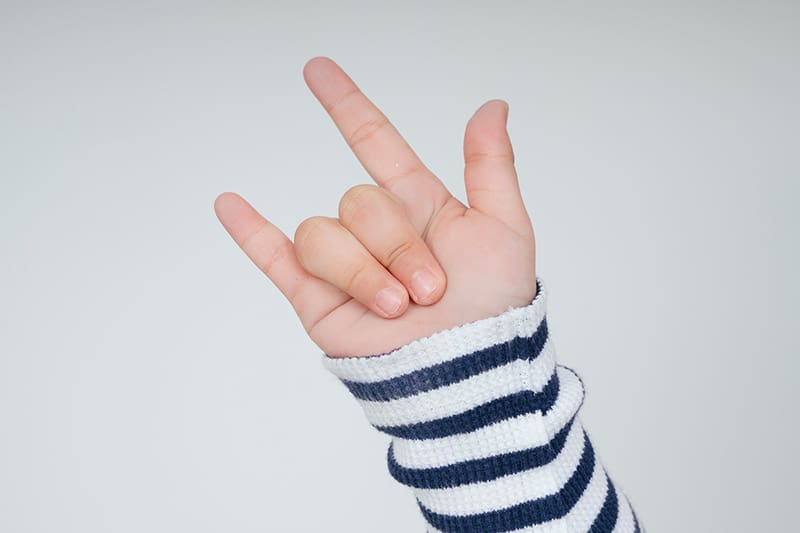Discrete Trial Training (DTT) is a foundational technique used in Applied Behavior Analysis (ABA) therapy, particularly beneficial for children with autism spectrum disorder (ASD) and other developmental delays. In Chicago and across the globe, DTT is recognized for its structured approach to teaching new skills and behaviors. If you’re considering ABA therapy in Chicago, understanding DTT is essential.
Breaking Down DTT: The Basics
At its core, DTT involves breaking down complex skills into smaller, more manageable steps. These steps are called “discrete trials.” Each trial follows a consistent format:
- Antecedent (Instruction/Cue): The therapist gives a clear instruction or presents a specific cue.
- Behavior (Response): The child responds to the instruction.
- Consequence (Reinforcement/Correction): The therapist provides immediate feedback in the form of positive reinforcement (praise, rewards) for correct responses or gentle correction for incorrect ones.
This structured approach creates a clear learning path for children, making it easier for them to understand expectations and achieve success.
Why DTT is Effective for Children with ASD
DTT offers numerous benefits for children with ASD:
- Structured Learning: The clear, predictable format of DTT reduces anxiety and helps children focus on learning.
- Individualized Instruction: DTT is highly customizable to each child’s unique needs and learning style.
- Positive Reinforcement: The emphasis on positive reinforcement motivates children and strengthens desired behaviors.
- Measurable Progress: The data-driven nature of DTT allows therapists to track progress accurately and adjust treatment plans as needed.
- Skill Generalization: DTT facilitates the transfer of skills learned in therapy to real-life situations.
DTT in Action: Examples
DTT can be applied to a wide range of skills, including:
- Language and Communication: Learning to identify objects, express needs, and engage in conversations.
- Social Skills: Developing appropriate play behaviors, taking turns, and understanding social cues.
- Daily Living Skills: Mastering self-care tasks like dressing, eating, and toileting.
- Academic Skills: Learning letters, numbers, and basic concepts.
Is DTT Right for Your Child?
DTT is most effective when implemented by qualified and experienced therapists who understand how to adapt the technique to individual needs. At Chicago ABA Therapy, our team of BCBAs and RBTs are experts in DTT. We use DTT as part of a comprehensive ABA program, combining it with other evidence-based strategies to address the whole child.
Chicago ABA Therapy: Your Partner in DTT
We are committed to providing the highest quality ABA therapy in Chicago, utilizing DTT to unlock your child’s full potential. Our therapists will work closely with you and your child to create a personalized treatment plan that targets their specific goals and challenges.
If you’re curious about DTT or ABA therapy in general, we encourage you to reach out to us. We offer free consultations to discuss your child’s needs and determine if DTT is the right approach for them.
Let’s Empower Your Child Together
Chicago ABA Therapy is here to support your child’s journey towards growth and independence. Through the power of DTT and other ABA techniques, we can help your child thrive. Contact us today and let’s take the first step together.










